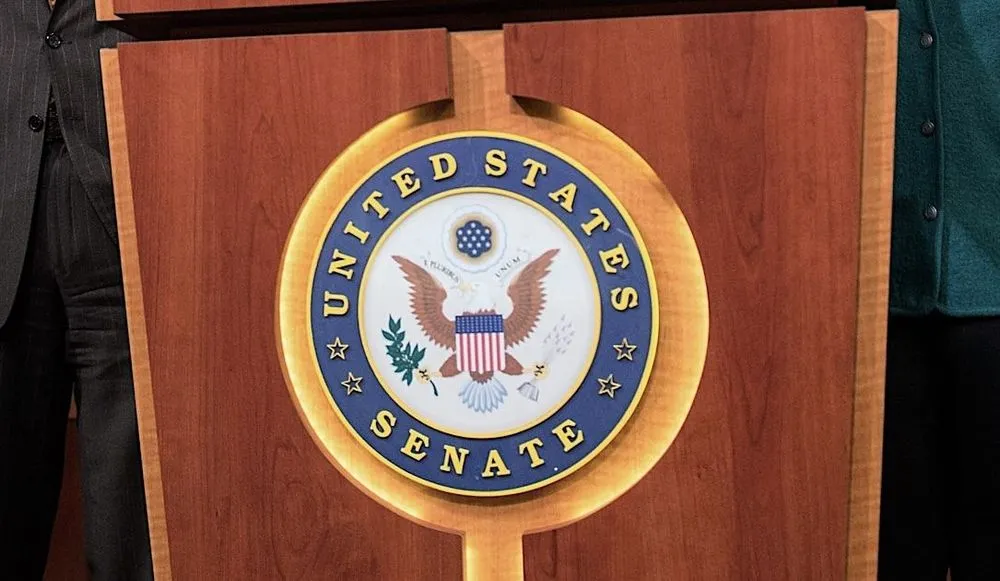Section 702 extension inches closer after Senate approves temporary renewal
A warrantless government surveillance authority slated to expire in days is closer to lasting for at least a few more months after the U.S. Senate on Wednesday passed an annual defense policy bill that included a temporary extension.
Section 702 of the Foreign Intelligence Surveillance Act (FISA), which will sunset at the end of the year without congressional action, would stay in place until April 19 after senators voted 87-13 to approve an $886 billion defense authorization bill with a short-term renewal attached. The measure now goes to the House, where it is expected to be taken up tomorrow.
Prior to passage, lawmakers voted 65-35 to block an effort by Sen. Rand Paul (R-KY) that would have stripped the surveillance authority extension from the policy roadmap.
The fate of the powerful spying tools — meant to target the electronic communications of foreigners abroad but also sweep in an unknown number of Americans — had become jumbled after House Speaker Mike Johnson (R-LA) on Tuesday officially delayed votes on competing proposals to renew them.
“This isn't some minor policy or law,” Johnson said. “I don't think we can make a mistake. I think we’ve got to do it right. And so we're going to allow the time to do that.”
The House Judiciary and Intelligence panels each approved legislation intended to reform Section 702, which has run into controversy following revelations that FBI analysts committed a massive number of violations in querying the cache of data purloined by the National Security Agency.
While the two measures share some similarities, such as increased transparency around the secretive court that oversees FISA, the Judiciary bill mandates all U.S. intelligence agencies must obtain a warrant before searching the 702 database for information on Americans — a requirement the Biden administration has called a “red line.”
Members on both committees, and their allies, spent the last week lobbying against the other.
Intelligence members focused on how the rival bill would make unusable any information collected under the statute in court cases and other investigations. They also argued a section of the measure, as written, would effectively end the spying program.
Meanwhile, Judiciary lawmakers contend the Intelligence panel’s bill would expand the scope of Section 702 collection to various businesses and other groups of foreigners.
The measure is considered a companion bill to one proposed late last month by members of the Senate Intelligence Committee and others.
Martin Matishak
is the senior cybersecurity reporter for The Record. Prior to joining Recorded Future News in 2021, he spent more than five years at Politico, where he covered digital and national security developments across Capitol Hill, the Pentagon and the U.S. intelligence community. He previously was a reporter at The Hill, National Journal Group and Inside Washington Publishers.



